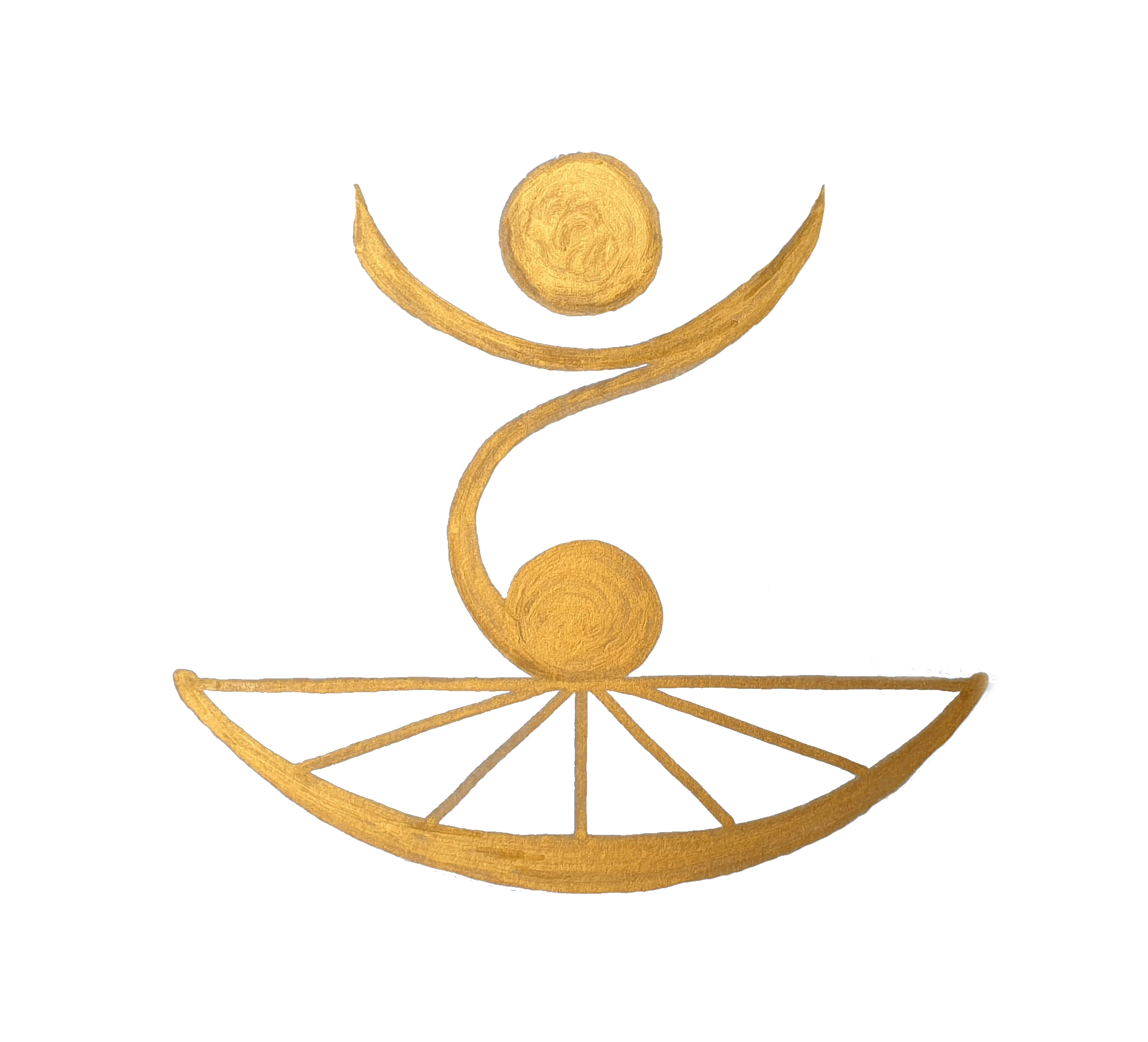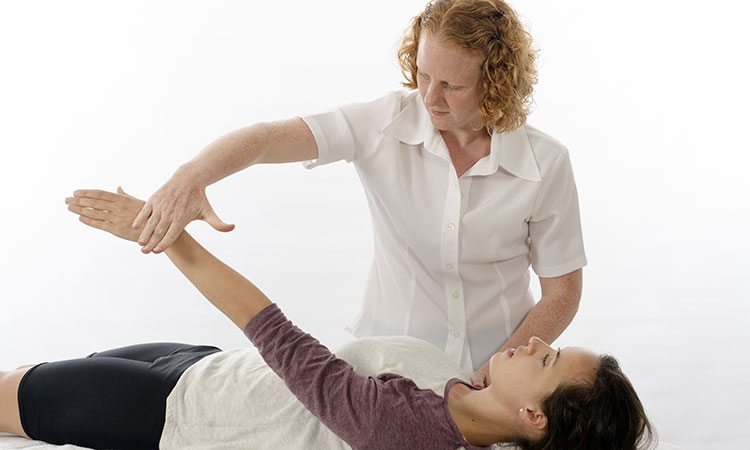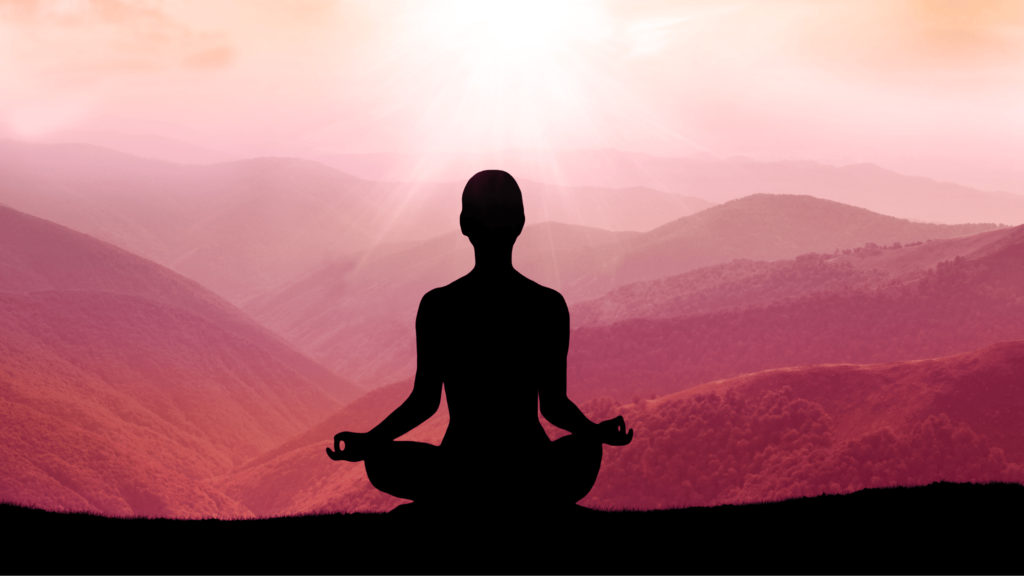Making Peace with Helplessness
As we awaken each day to the latest report of violence, sickness, death, and a myriad of injustices, we are most likely also waking up with our own sense of despair and helplessness. We want so much to live in a peaceful world and yet often what we find instead is a jangled and uncomfortable sense of overwhelm that follows us like a cloud on a stormy day. Motivated by our commitment to practice, we may be sincere in our desire to proceed into the day as mindfully as possible, with a conscious effort to bring forward our best offering toward healing the pain in this world of suffering. And yet once we sit with practice scrutiny, what we may find instead of our altruistic intention is the pain of our own resistance to life as it is right now.

Though our hearts know better, our minds are likely to succumb to the chatter of that old, familiar dialogue of resistance and victimization, or perhaps a newer dialogue filled with slick spiritual override.
Questions swirl in our minds and touch our hearts as we face the stark evidence of our human vulnerability and an uncertain future. We can easily find ourselves caught in self-justification and the seductive drama of “us vs. them”. With a moment of awareness we may suddenly hear our own voice sounding mean-spirited and actually contributing to the great divide that promises further suffering, rather than the sense of peace that we crave.
As we catch ourselves in our own delusion, bringing forward the following practice points can bring us closer to making peace with our own sense of helplessness.
First remember to bring practice home to what is going on within you.
Notice how fiercely we tend to stay focused on what others should do rather than clearly seeing what we need to work on within ourselves.
Second, remember to bring forward your personal aspiration.
It is so important to remind ourselves of why we practice. Just because the circumstance we are currently dealing with may feel especially painful or frightening, doesn’t excuse us from keeping our aspiration at the forefront.
Third, offer tender mercy and compassion for your own struggle.
Compassion for our own personal experience of suffering must be tended to before we can make room for authentic compassionate connection with those around us. Self compassion allows us to clarify our best offering to the situation at hand.
Diane Moore



